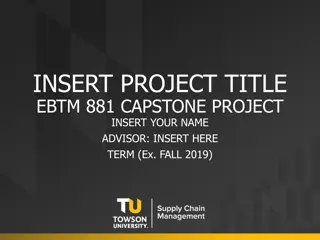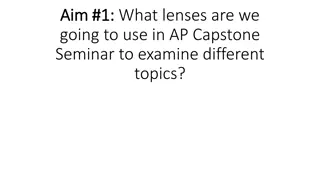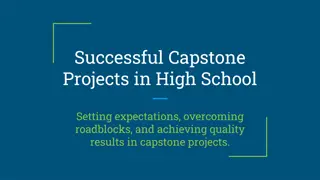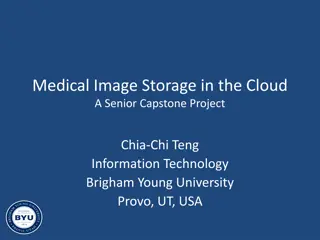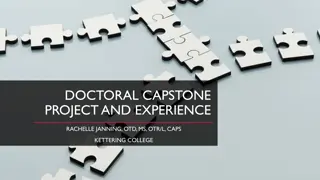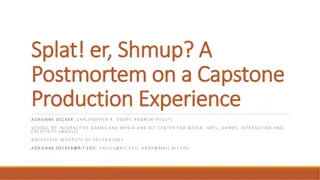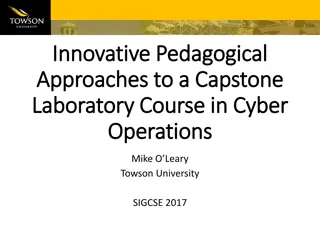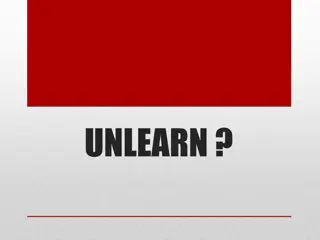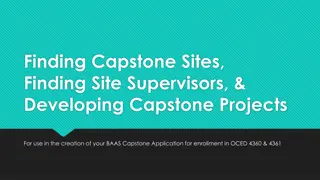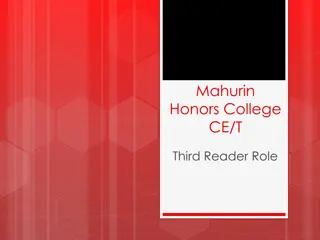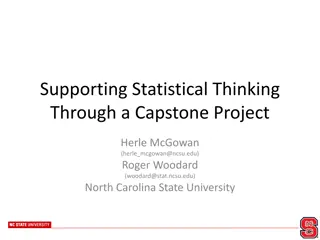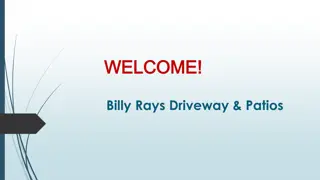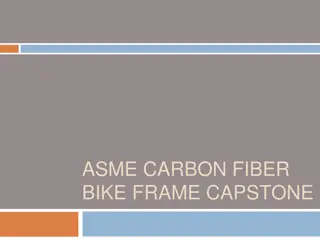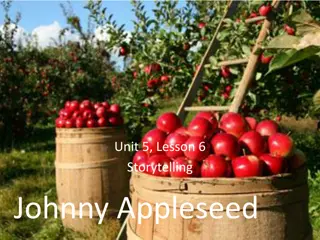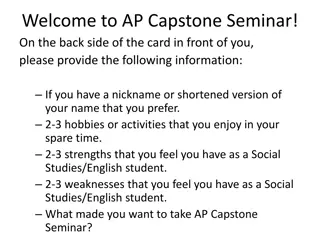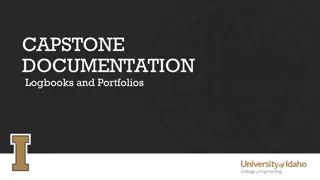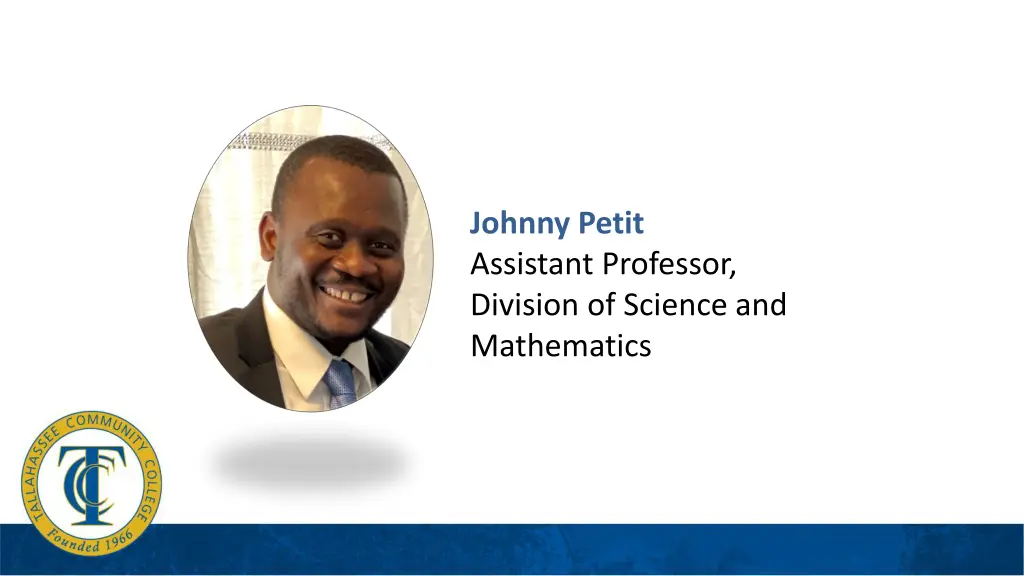
Peer-to-Peer Mentoring Program for Student Success
Explore how a competitive edge program aims to reduce the equity gap by implementing peer-to-peer mentoring and tutoring for first-year students. Research supports the positive impact of such programs on student success through service-learning, community engagement, and leadership involvement.
Download Presentation

Please find below an Image/Link to download the presentation.
The content on the website is provided AS IS for your information and personal use only. It may not be sold, licensed, or shared on other websites without obtaining consent from the author. If you encounter any issues during the download, it is possible that the publisher has removed the file from their server.
You are allowed to download the files provided on this website for personal or commercial use, subject to the condition that they are used lawfully. All files are the property of their respective owners.
The content on the website is provided AS IS for your information and personal use only. It may not be sold, licensed, or shared on other websites without obtaining consent from the author.
E N D
Presentation Transcript
Johnny Petit Assistant Professor, Division of Science and Mathematics
Capstone Focus Capstone Overview Rationale (the WHY): Project Description: Competitive Edge Program The goal of this project is to help reduce the equity gap by testing the relationship between peer-to-peer mentoring/tutoring and FTIC students success. Recruit engaged and successful PTK/Honors students to serve as peer mentors/tutors to FTIC students in the Eagles Rise and Sister to Sister programs. Competitive Edge leaders will earn service hours and must successfully pass training to serve as peer mentors/tutors. Johnson and Stage (2018) reveal that service-learning, community engagement, and capstone projects are positively correlated to student success. Arco-Tirado et al. (2020) demonstrated that peer-to-peer mentoring programs positively impact FTIC students performance. Hong et al. (2021) suggested that leadership engagement, community involvement, and a sense of purpose are positively correlated to student success.

